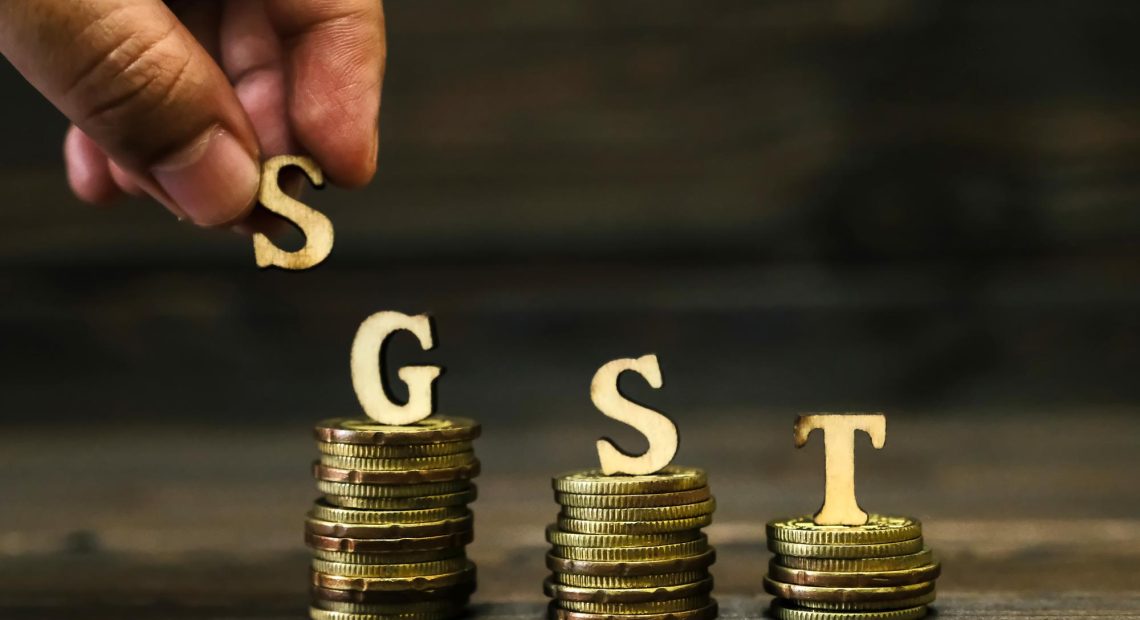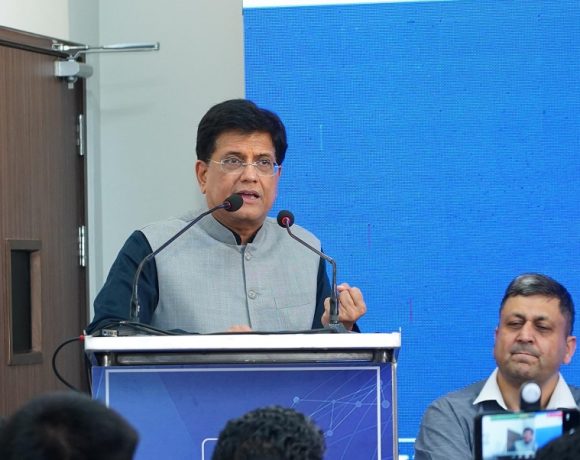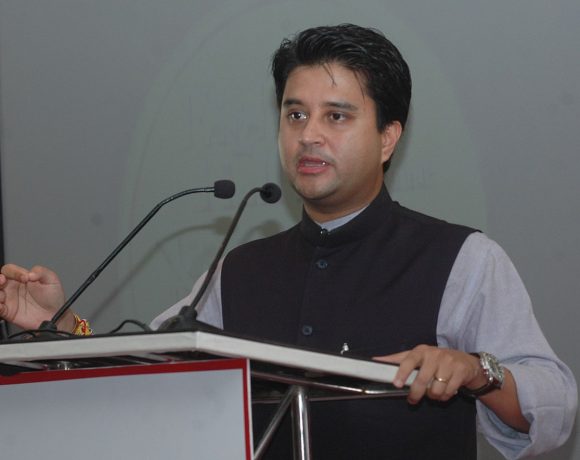
GST Cess Collections May Fall Short of Rs 1.37 Lakh Crore Target
The Goods and Services Tax (GST) cess collections for the current fiscal year are expected to fall short of the estimated Rs 1.37 lakh crore required for compensating states. This shortfall has raised concerns about fiscal sustainability for state governments relying on GST compensation.
The Expected Shortfall
According to recent estimates, while the GST cess collections have shown steady growth due to economic recovery and increased compliance, they are unlikely to meet the targeted amount set for state compensation. The cess, levied on specific items like luxury goods and sin products, is utilized exclusively to compensate states for revenue losses incurred after the rollout of GST in 2017.
Despite robust GST revenues over the past quarters, the cess collections have not kept pace with the rising compensation demands from states, particularly in the wake of COVID-19-induced economic disruptions.
Implications for States
The shortfall could significantly impact states heavily reliant on GST compensation to meet their budgetary commitments. For many states, this revenue forms a critical part of their financial planning, and any disruption could lead to tightened fiscal policies or delayed developmental initiatives.
The compensation mechanism, which was initially designed for five years, has been extended to cover the shortfall caused during the pandemic. However, the recurring deficits in cess collections have put pressure on the central government to explore alternative measures to bridge the gap.
Central Government’s Response
In light of the anticipated shortfall, the central government is reportedly considering various strategies to address the issue, including borrowing to meet the compensation demands or restructuring the cess regime to ensure higher collections in the future.
This situation also renews the debate on extending the GST compensation regime beyond its scheduled end date. States are pushing for a more permanent solution to ensure stable revenue streams, while the central government faces the challenge of balancing fiscal prudence with political and economic demands.
The GST Council is expected to address this issue in its upcoming meetings, which could potentially lead to reforms in cess collection and allocation mechanisms. This will be closely watched as it impacts both state finances and the broader economic landscape.


















